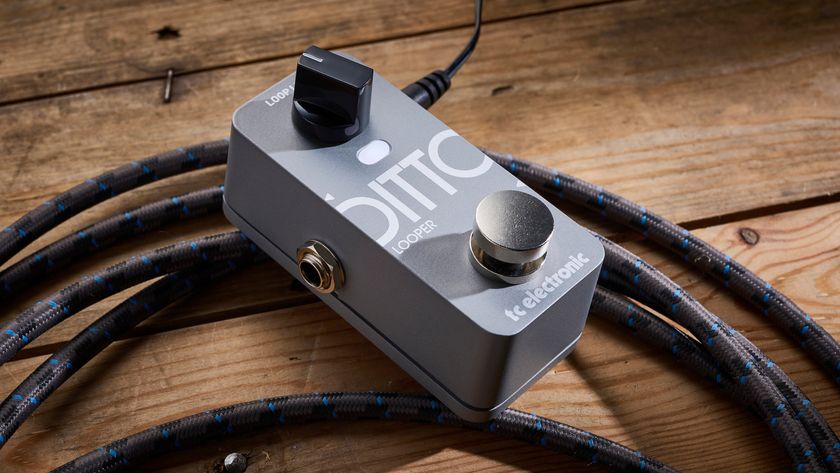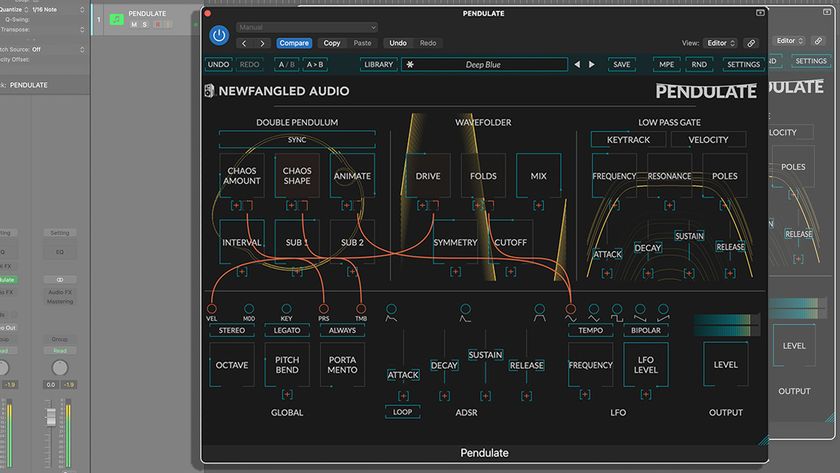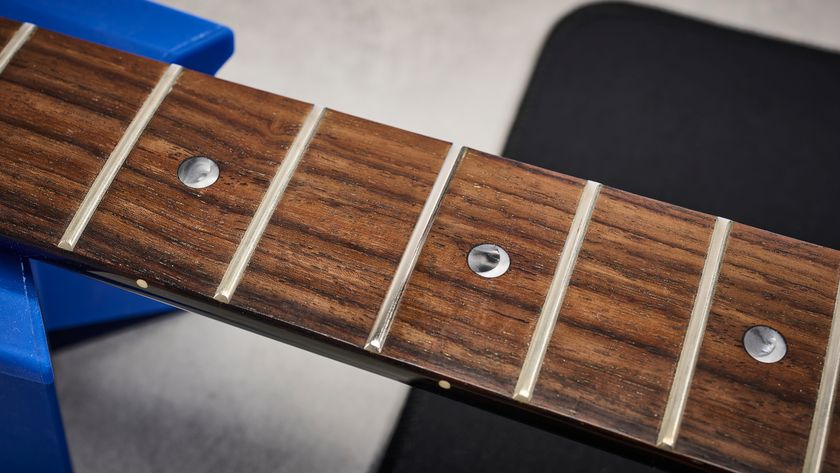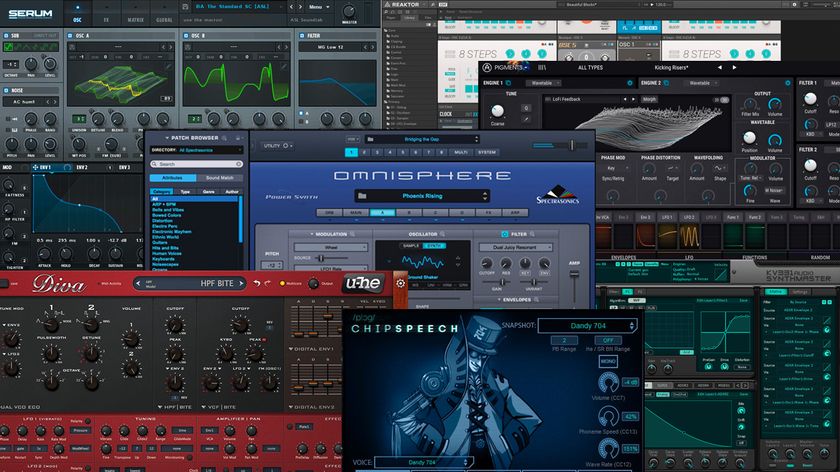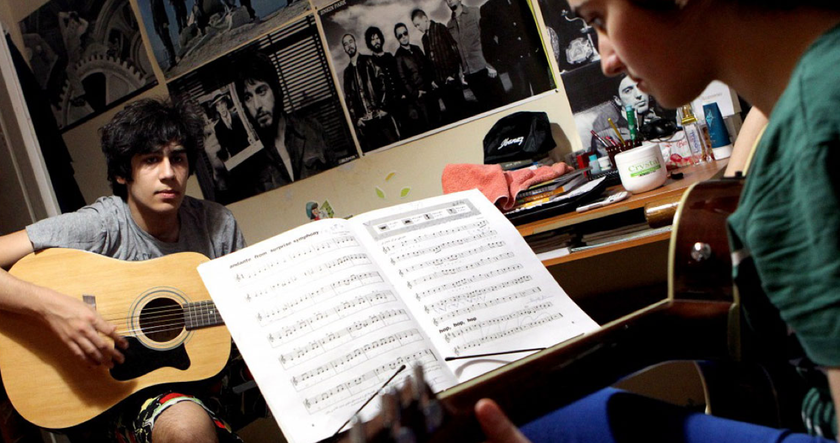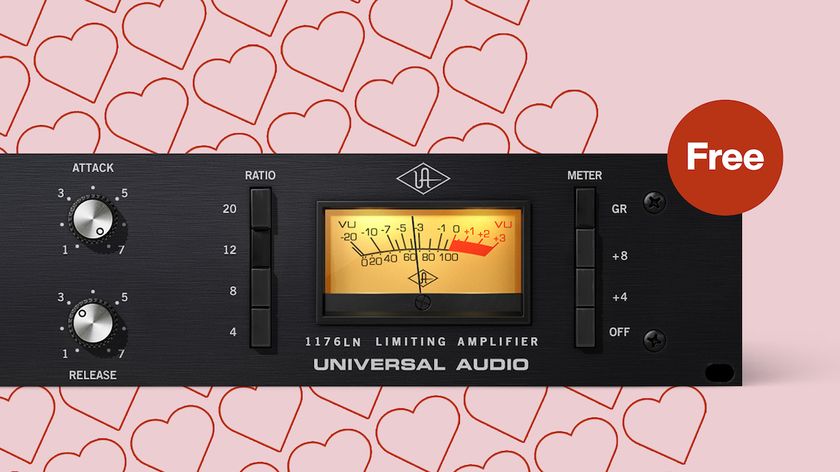MusicRadar basics: how to buy your first digital piano
Everything you need to know to get started with digital pianos
MusicRadar basics is brought to you in association with Roland.
Don't forget you can link up with Roland on Facebook and Twitter.
With such a wide range of digital pianos on the market today, deciding which one to buy can seem a bit daunting. Online research is the obvious place to start and the other videos in this series should prove helpful. Having done your initial research, you should go to a store and try a few side by side - you can read a lot and listen to demos online, but the only way to find out how a piano will perform for you is to try it. Here's an overview of how to test a piano and the key questions you should ask before you buy.
Who is it for?
Before you get to the store you should decide who the piano is for. Is the piano for you? Is it for your children, or could it be for the whole family? In which case it is possible that someone in the family will use the piano for many years to come. This helps the argument for getting a higher-quality instrument, which has the advantages of better tone, touch, and features that will be appreciated over time. As a general rule, the more money you spend, the better the touch and tone, and this is equally true of an acoustic piano as it is with a digital piano.
Tone
When you get to a store, the first thing to evaluate is the tone. The best way of doing this is to select the three or four voices or sounds you think you'll use most and make them the standard for comparison as you compare models. You should try at least two or three instruments in your price range to determine which sounds best to you. If you plan to use headphones at home, be sure to try out the pianos using headphones as this can make a tremendous difference to the sound. For consistency, you should bring your own headphones.
Get the MusicRadar Newsletter
Want all the hottest music and gear news, reviews, deals, features and more, direct to your inbox? Sign up here.
Speakers
For those times when you are not using headphones a digital piano with a good quality amplifier and speaker system is a must. Entry-level digital pianos will normally have two stereo speakers. The better sounding digitals will have four or more speakers the benefits of which are sometimes only really apparent when sat at the piano. So by all means get the salesman to play for you, but make sure you sit at the piano, even if it is to listen to a built in demo song.
Evaluating touch
Aside from sound, the most important element in the selection of a digital piano will be the feel of the action. A good action that feels right is vital to the development of a good piano technique. What feels right is largely subjective - a bit like comparing a car with light steering and one with heavy steering. You can drive them both without crashing but one will feel better to you.
The surface of the key is less subjective - entry level pianos have a shiny plastic surface whereas the more upmarket pianos will use a synthetic ivory substitute that not only looks more natural, it will offer better grip - so make sure you try both types.
The overall touch, of course, is not the total picture. You have to make sure that when you play the piano the touch translates into expressivity. A piano may have a great tone, but if the action doesn't live up to the tone you may not be able to play expressively. So check how wide the dynamic range is and how easy it is to control. You should be able to press a key down slowly and not hear anything at all. Equally, you should be able to get a very bright sound when playing hard.
Ease of use
All of the amazing capabilities of the modern digital piano are of little value if you can't figure out how to use them, or can't access them quickly while playing. So think about the location, spacing, grouping, and labelling of the controls.
Also worth considering is the placement of connections you'll use often. If you frequently switch back and forth between speakers and headphones, you'll want to make sure the headphone jack is easy to locate by sight or feel and that the cord will be out of your way when plugged in. If you'll be using a USB memory device to transfer files between your piano and a computer, make sure the USB port is easy to get to and not on the rear panel which is hopeless if the piano is against a wall.
Finally, you should check the warranty period. Today's digital pianos are very reliable but things do go wrong just as they do on an acoustic piano. The standard warranty is 12 months but you will find that many digital pianos come with three or in some cases five years warranty.
MusicRadar is the number 1 website for music makers of all kinds, be they guitarists, drummers, keyboard players, djs or producers...
- GEAR: We help musicians find the best gear with top-ranking gear round-ups and high- quality, authoritative reviews by a wide team of highly experienced experts.
- TIPS: We also provide tuition, from bite-sized tips to advanced work-outs and guidance from recognised musicians and stars.
- STARS: We talk to musicians and stars about their creative processes, and the nuts and bolts of their gear and technique. We give fans an insight into the actual craft of music making that no other music website can.
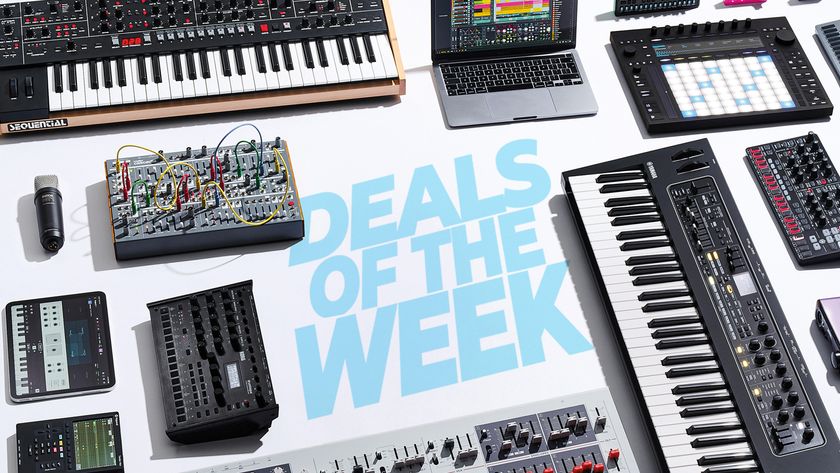
MusicRadar deals of the week: Score over £400 off PRS and Epiphone guitars, $100 off Yamaha and Roland pianos, and so much more

“For those who think they know Joel’s story, as well as those who are not as familiar, I believe this two-part film is both a revelation and a surprise”: New Billy Joel doc is on the way

